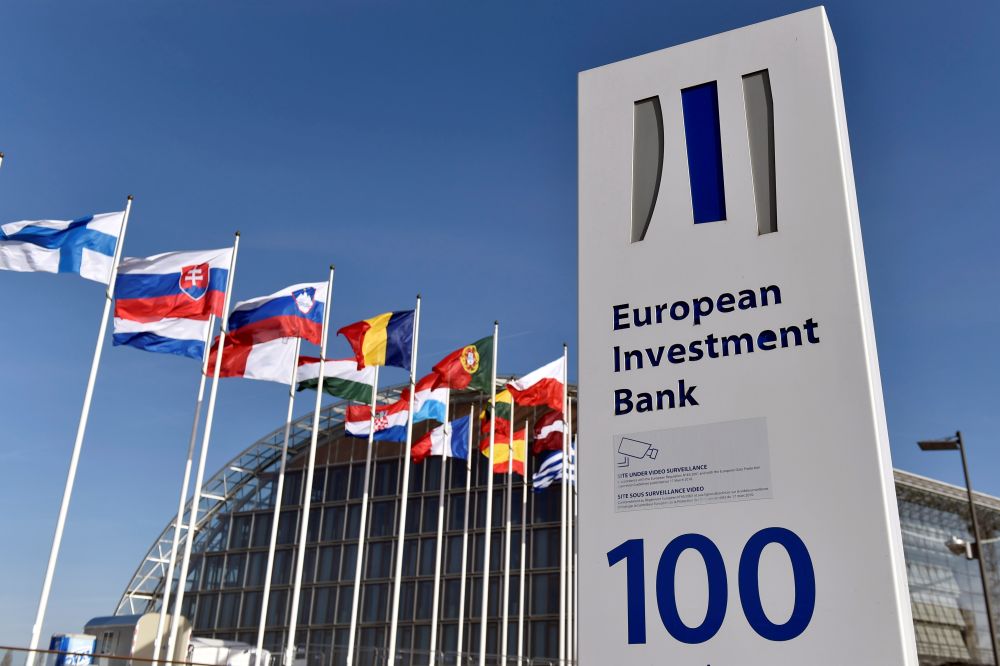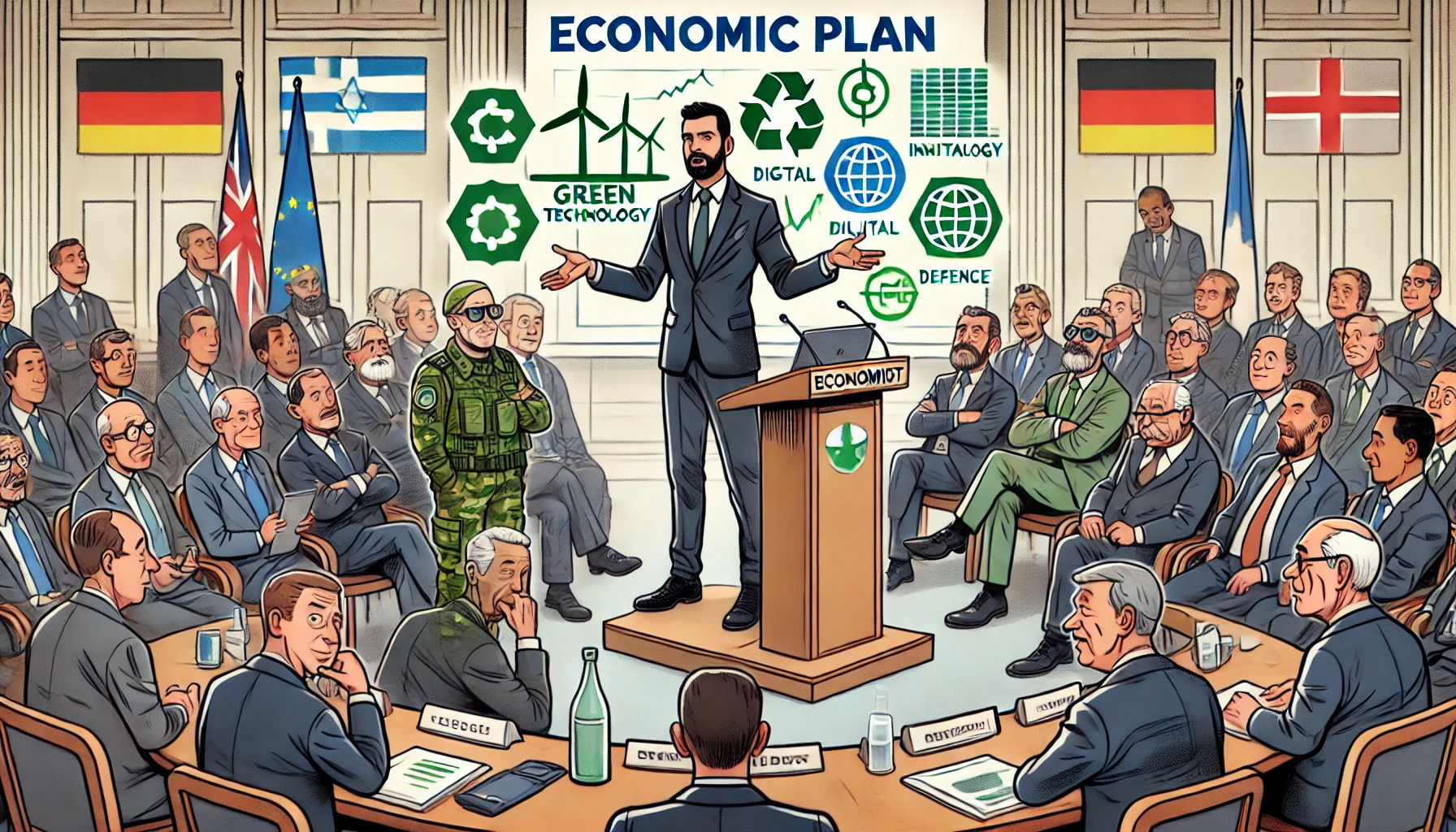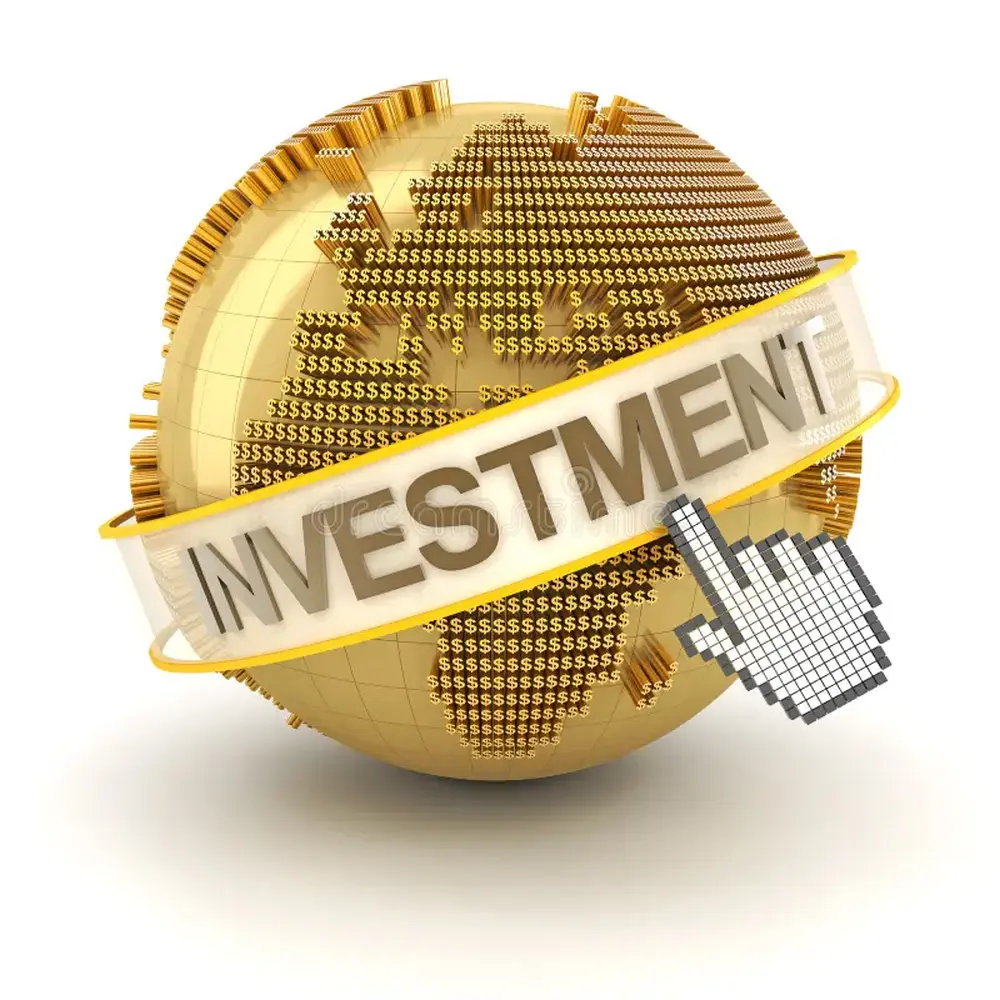Mario Draghi, the former European Central Bank President, recently delivered a stark warning to EU leaders. In his highly anticipated report, he highlighted the need for a massive investment boost—$884 billion a year—to avoid a future where Europe’s living standards decline. As the EU faces sluggish growth, shrinking trade, and rising energy prices, Draghi’s message was clear: without decisive action, the continent will fall behind global competitors like the US and China.

At the heart of Draghi’s plan is a proposal for EU countries to collectively borrow funds and increase investment by 5% of their combined GDPs. This would lead to a significant spending spree, almost double the scale of the Marshall Plan that helped rebuild Europe after World War II. His recommendations focus on strategic areas such as green technology, digital advancements, and shared military defense. These investments would be crucial in modernizing Europe’s infrastructure and ensuring its global competitiveness.

However, turning this plan into reality faces considerable political hurdles. Draghi emphasized the need for greater coordination among the 27 member states, especially in crafting policies that help European industries thrive on the global stage. Additionally, he called for cutting bureaucratic red tape, protecting domestic production from Chinese competition, and encouraging corporate mergers to foster innovation. But even with a clear blueprint, the political will to implement such reforms remains uncertain.

Germany, the EU’s largest economy, has already rejected the idea of shared borrowing, a key aspect of Draghi’s plan. Wealthier EU members have historically been hesitant to embrace collective borrowing, preferring to manage their own finances. This resistance highlights the deep political divide that could hinder Europe’s path to a more prosperous future. Without strong leadership and a unified vision, the EU risks being left behind in the global race for economic dominance.

#EUeconomy #MarioDraghi #EuropeInvestment #GreenTech #DigitalInnovation #EUgrowth #GlobalCompetitiveness #EconomyPlan #Sustainability #FutureOfEurope
